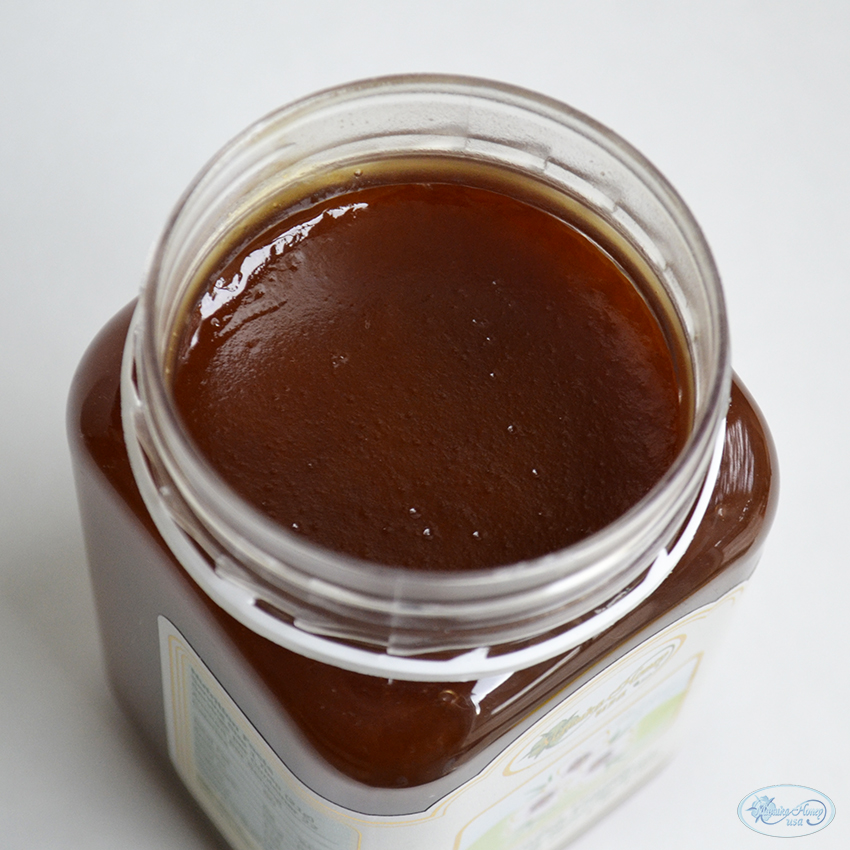Can Manuka Honey Help an Upset Stomach?
June 05, 2015
What You Should Know About Honey and Gastritis
The occasional upset stomach or bout of indigestion is not cause for concern but, according to the Mayo Clinic, those experiencing reoccurring episodes and chronic gastritis may be suffering from a stomach ulcer and increased risk of stomach cancer. Believe it or not, Manuka honey can be a natural remedy for some stomach problems and one that has been used for thousands of years. Studies suggest that the bacterial activity found in Manuka honey can help to fight off the harmful bacteria that causes stomach ulcers.
What is Gastritis?
Gastritis in the inflammation of the stomach lining and is caused by a number of different conditions and illnesses. Alcohol overuse, excessive stress, and daily, prolonged use of pain relievers are just some of the conditions that can lead to gastritis. H. pylori bacteria, which can cause both gastritis and ulcer, is present in about 50 percent of the world’s population. While this may be alarming, it is important to note that an individual who has H. pylori bacteria in their system may never experience any symptoms.
How Can Manuka Honey Help?
Most types of raw or organic honey contain components that help to generate hydrogen peroxide, which is a common antibacterial agent. While this hydrogen peroxide may be effective for treating topical abrasions, the substance becomes very diluted in stomach acid, making it ineffective. Manuka honey, however, contains an additional antibacterial agent known as MGO, or methylglyoxal, which is found in the Manuka tree – this agent retains its bacterial properties even in the digestive tract.
Studies on Manuka Honey and Gastritis
A study published by the Journal of the Royal Society of Medicine in 1994 revealed that a 20 percent solution of Manuka honey was able to block seven strains of H. pylori bacteria in the human body. This same study showed that a 40 percent solution of another type of honey failed to show any blockage activity for the H. pylori bacteria. At the end of the study, researchers concluded that the MGO-related activity present in Manuka honey appeared to be more effective against gastritis causing bacteria.
Over 15 years later, in 2010, a study published in “The British Journal of Nutrition” revealed that Manuka honey had no negative effects on health individual’s intestinal bacteria levels. The safety of Manuka honey was tested by The New Zealand Institute for Plant and Food Research in 20 healthy patients between the ages of 42 and 64. Subjects were asked to ingest slightly over 1 1/3 tablespoons of Manuka honey every day for a period of four weeks. After the study concluded, no changes in the patient’s intestinal microbes were reported.


.jpg)



